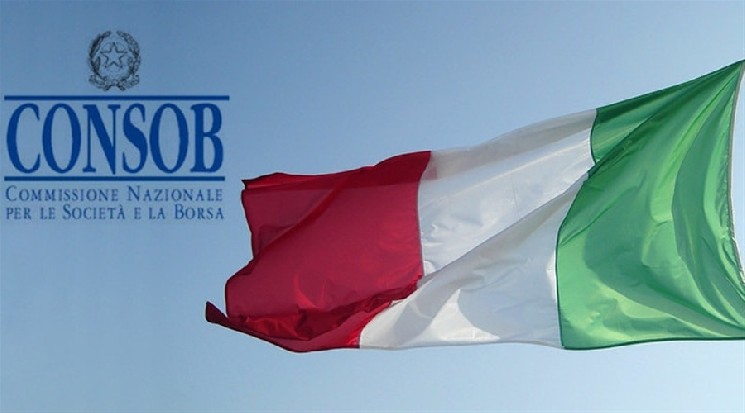
Consob has introduced new measures to simplify the process of listing investment funds in Italy. The reforms aim to make the Italian financial market more competitive and bring it in line with regulations in other European Union countries.
Although the new rules primarily address fund issuers, they may indirectly benefit retail traders. By simplifying listings for ETFs and other collective investment funds, the reforms could attract more European funds to Italy.
This may increase product diversity, enhance price transparency, and improve market efficiency, giving individual investors broader access to regulated investment options.
Consob Cuts ETF Listing Documentation Requirements
The changes remove the requirement for European Exchange Traded Funds to prepare or publish a separate listing document when admitted to trading in Italy. The exemption covers both UCITS and open-ended alternative investment funds.
Join IG, CMC, and Robinhood in London’s leading trading industry event!
Consob has also updated the appendix to the regulatory framework governing information requirements in the prospectus for Italian open-ended funds, known as collective investment undertakings. These updates are intended to reduce paperwork for issuers and accelerate the approval of fund listings.
Public Consultation Backs Italian Listing Simplifications
The decision follows a public consultation that concluded in July this year. Most participants supported the simplifications proposed by the regulator, according to Consob’s summary of responses.
The amendments will take effect the day after publication in the Official Gazette and will also apply to listings already in progress at that time.
Consob, AMF, FMA Push for Crypto Alignment
Meanwhile, Italian, French, and Austrian regulators—Consob, AMF, and FMA—have proposed updates to the EU Markets in Crypto-Assets Regulation to address inconsistencies in early supervision across member states.
The changes aim to align oversight of crypto-asset service providers, strengthen cybersecurity, and centralize white paper submissions. Non-EU platforms serving EU clients would need to comply with MiCA or equivalent rules, reducing unregulated risks and promoting fair competition.
Measures include ESMA supervision of major providers, mandatory cybersecurity audits, and clarified filing processes for token offerings. Retail investors may indirectly benefit from more uniform rules and lower operational risks.